SUMMARY
This is AI generated summarization, which may have errors. For context, always refer to the full article.
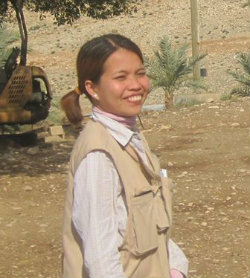 Two years ago, during Israel’s 8-day assault in Gaza, I came to see with my own eyes the different faces of Palestine.
Two years ago, during Israel’s 8-day assault in Gaza, I came to see with my own eyes the different faces of Palestine.
Today, while watching the news about the war in Gaza – the monstrous killings of innocent civilians and playful children 5,495 miles away, I hold on to my memories of Palestine, which made me stronger, hopeful, and more determined.
It’s a far cry from my old self, who merely felt helpless when confronted with the Israel-Palestine conflict. I remember the homes I visited, the people I met — all carrying their own stories of struggle, defeat, and hope.
Memories
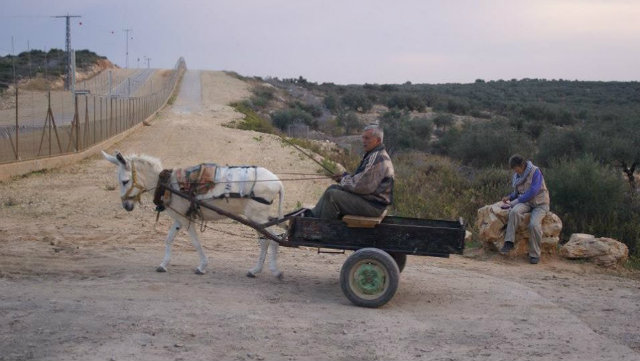
I will never forget Abu Azzam, who treated me like his own daughter and shared with me his experiences during the two intifadas. He is a poet. Whenever he talked to me, his words sounded like poetry — words about life, about love, about war.
He left me laughing when he told me how he met Karl Marx — I told him how much I like the man.
When Abu Azzam was in prison, a man commissioned him to write 12 copies of the Communist Manifesto. He did not know about communist thought before that, but after he finished the 12 copies, he said he could recite the whole book afterwards. He told me how amazed he was with those ideas
Today, Abu Azzam — after living as a refugee, after being a witness of the rise and fall of the people’s movement — is still an active leader of the struggle for liberation.
Women, children
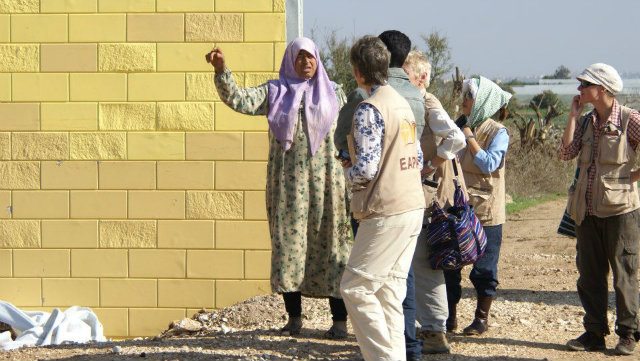
Clad in their hijabs, the strong women of Khirbet Sir Village also gave me courage to remain steadfast. Through a cooperative, they encouraged the women in the village to break free from traditional notions of being a woman.
They were starting to build a new future, where women also work for the economic sustainability of the family in a conflict-ridden community.
Meanwhile, the humble peasants who, with their cute donkeys and carts, always had to pass through Israeli gates to get into their own farmlands left me a memory of morning smiles and “Kif halek? (How are you?),” as we monitored the conduct of the Israel Defense Forces (IDF).
Palestinian farmers still strive every day to have a decent life, as the Israeli government enforces different mechanisms to deter them from producing crops.
The peasants’ and even the workers’ drive to be productive in their communities is also being taken away from them by the all-powerful Israeli government.
And, of course, I would forever remember those sweet Palestinian kids — those children with their curly hair just as beautiful and handsome as the child fatalities I now see on the news. The news shows the same gorgeous eyes of the kids who would look at me with warm smiles and say “marhaba! (Hello!)”
When I saw the picture of the Palestinian kid held at gunpoint last weekend, I heard again those tiny voices, full of hopes and dreams.
They go to school as much as they can — whenever the situation permits it. I remember the times we checked the children’s school bus as it passed through the Israeli gates. I would always get their warmest greetings, and sometimes food as well: potato chips, oranges, and biscuits.
They love giving. They love dreaming. They dream of freedom from the war that would never leave their generation a better future.
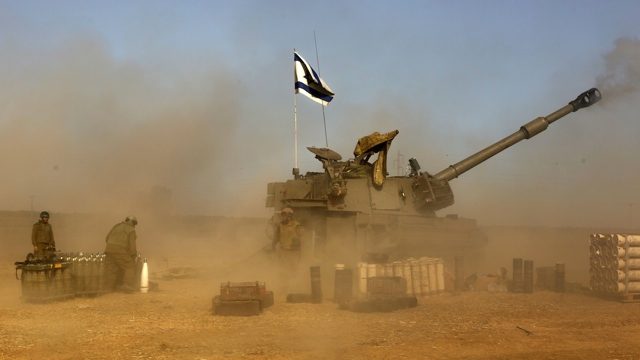
A different Palestine
Now, while we, the “outsiders,” listen to the news about Gaza, while we criticize the media for not showing the world “balanced” journalism, I feel the need to share what I have seen in Palestine.
Yes, there were rockets in the sky, there was teargas between Jewish settlers and the Arab population — all those things we commonly hear on the news. And yet, what I brought back home was not the war-related trauma I expected. Not the noise. Not the chaos.
I remember a different Palestine. Whenever people ask me what the land looks like, I would always say: She is a paradise.
At dawn, whenever the chickens clucked in our deployment site at Jayyous, West Bank, we would walk towards the tranquil hills and see camels and olive trees. The ancient structures, the herds of sheep, and the warm people — always ready to share tea or coffee with visitors — are what I see whenever I remember Palestine.
A paradise that is being destroyed so that the powerful could replace it with their own version of paradise. Israel, in its long-standing goal to create a lavish new heaven and new earth, has been waging war to eradicate beautiful Palestine.
But they can never erase Palestine from the memories of its people. Their hearts and minds always point them towards that paradise the Zionist Israel has been wrecking.
And so Palestine fights back. Some may be fundamentalist and some may be co-opted.
We may criticize some movements like Hamas, Fatah, and the Palestine Liberation Organization (PLO). But never can we deny the Palestinian people the freedom to fight, to hope, and to learn how to win.
Contemporary Palestinian history, after all, had been forged by the Palestinian people’s tireless struggle to live in freedom and peace.
This time, they might fight back. They will always fight back, for they will endlessly imagine life in paradise. – Rappler.com
Kristine A. Valerio is a human rights observer of the Ecumenical Accompaniment Program in Palestine and Israel through the initiative of the World Council of Churches. Should you have interested to know more about the program, you may contact Peoples’ Forum on Peace for Life at 376-5273 or you may check the website: http://www.peaceforlife.org/
*The title of the article comes from the book, “Unfortunately, It Was Paradise.” The book is a compilation of selected poems of the famous Palestinian poet, Mahmoud Darwish, and translated and edited by, Munir Akash, Carolyn Forché, Sinan Antoon, and Amira El-Zein.
*The story of the new heaven and the new earth came from the book of Revelation. It was about the new Jerusalem where God dwelled, and banished all sorrow from his people.
Add a comment
How does this make you feel?
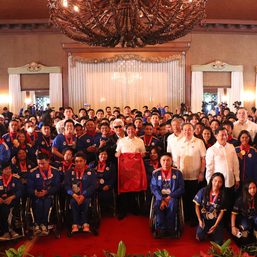

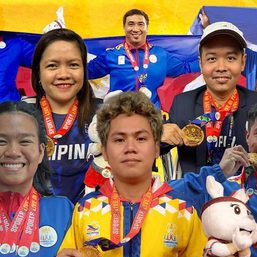
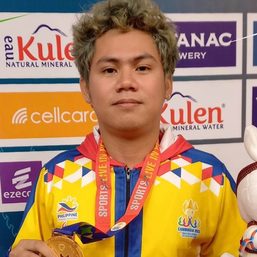
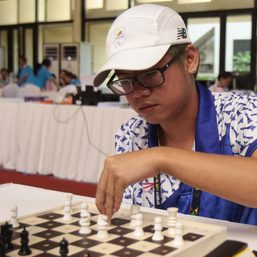
There are no comments yet. Add your comment to start the conversation.